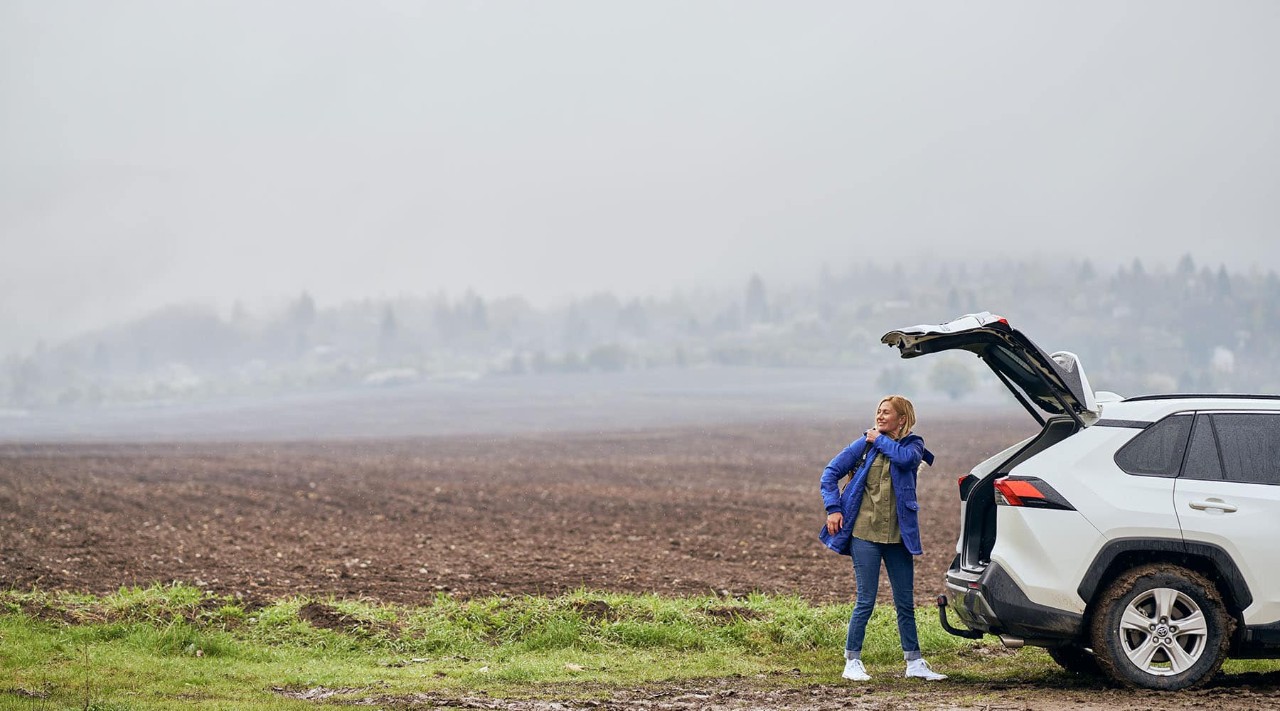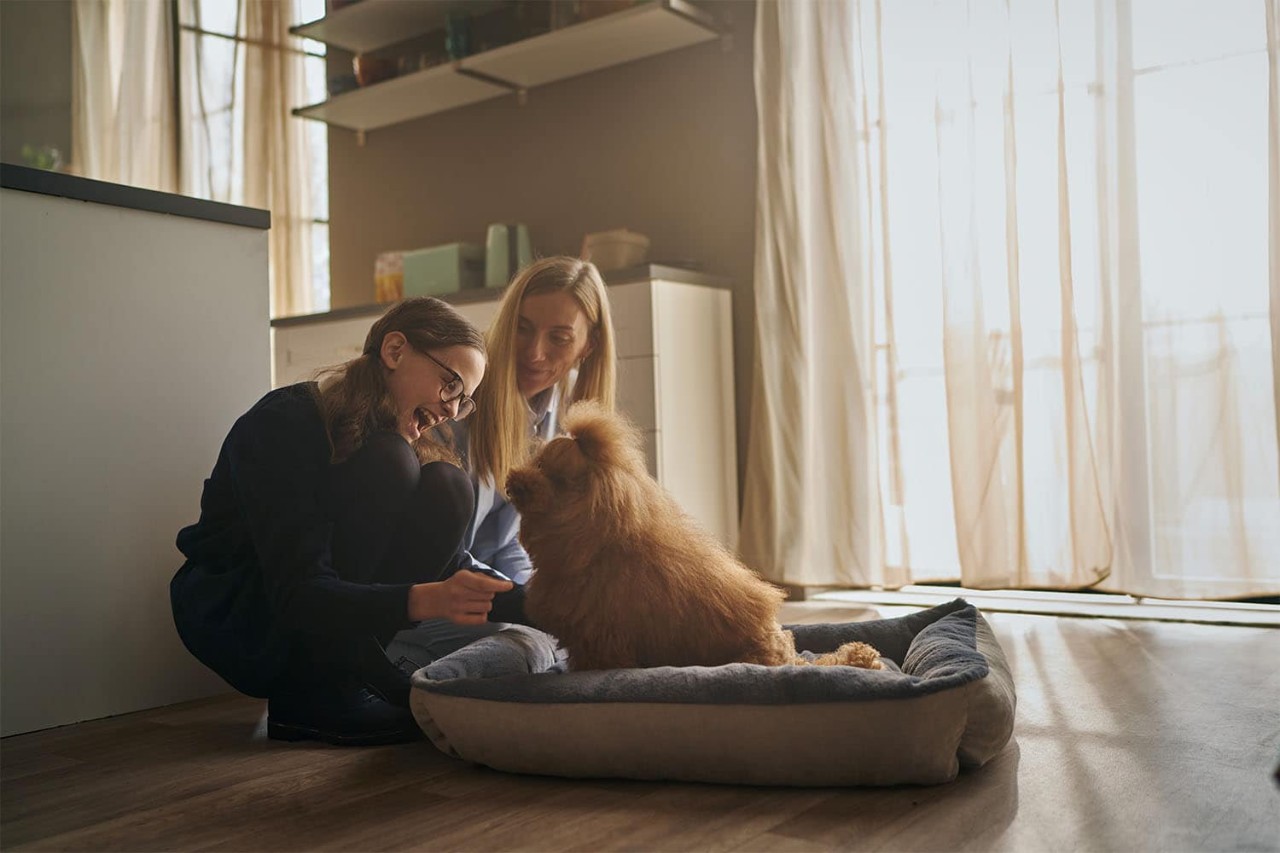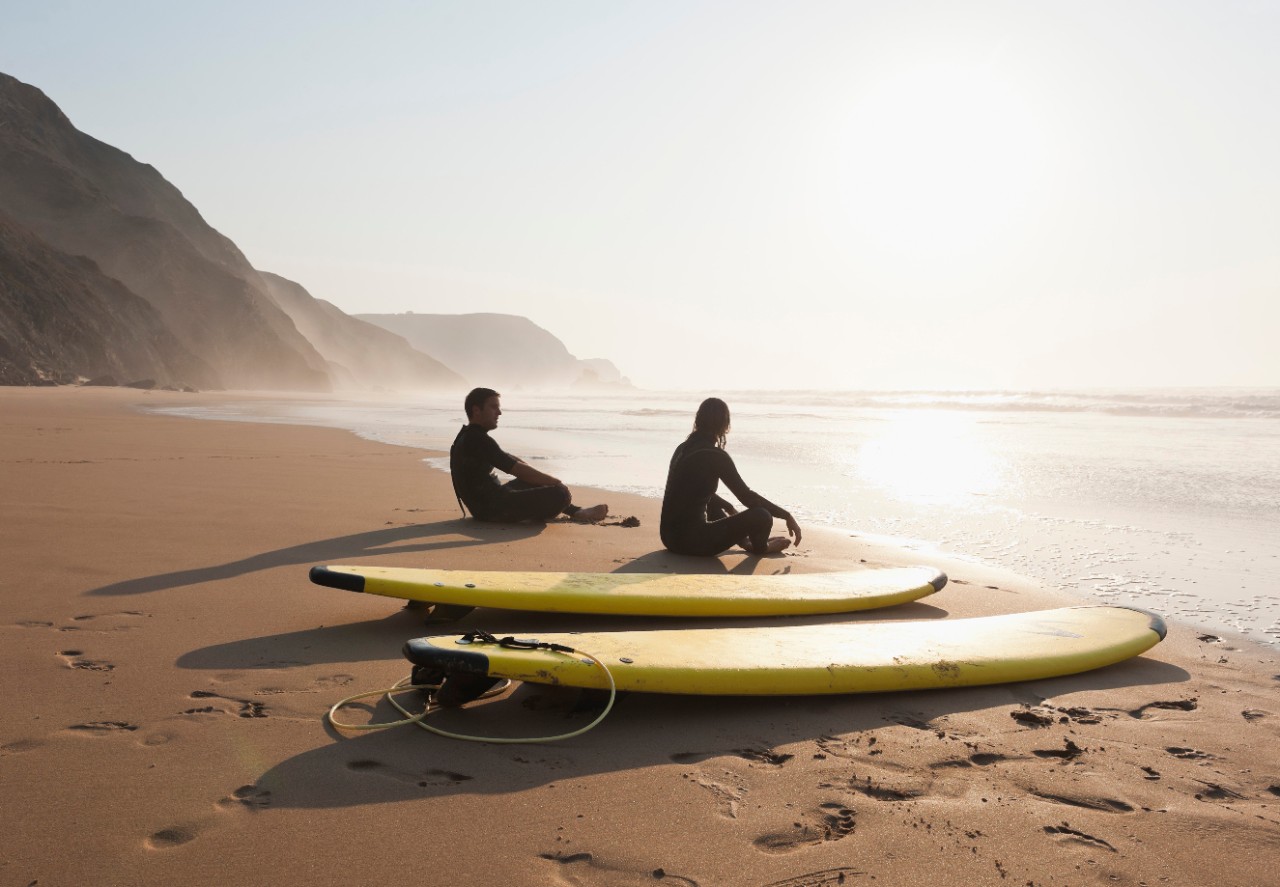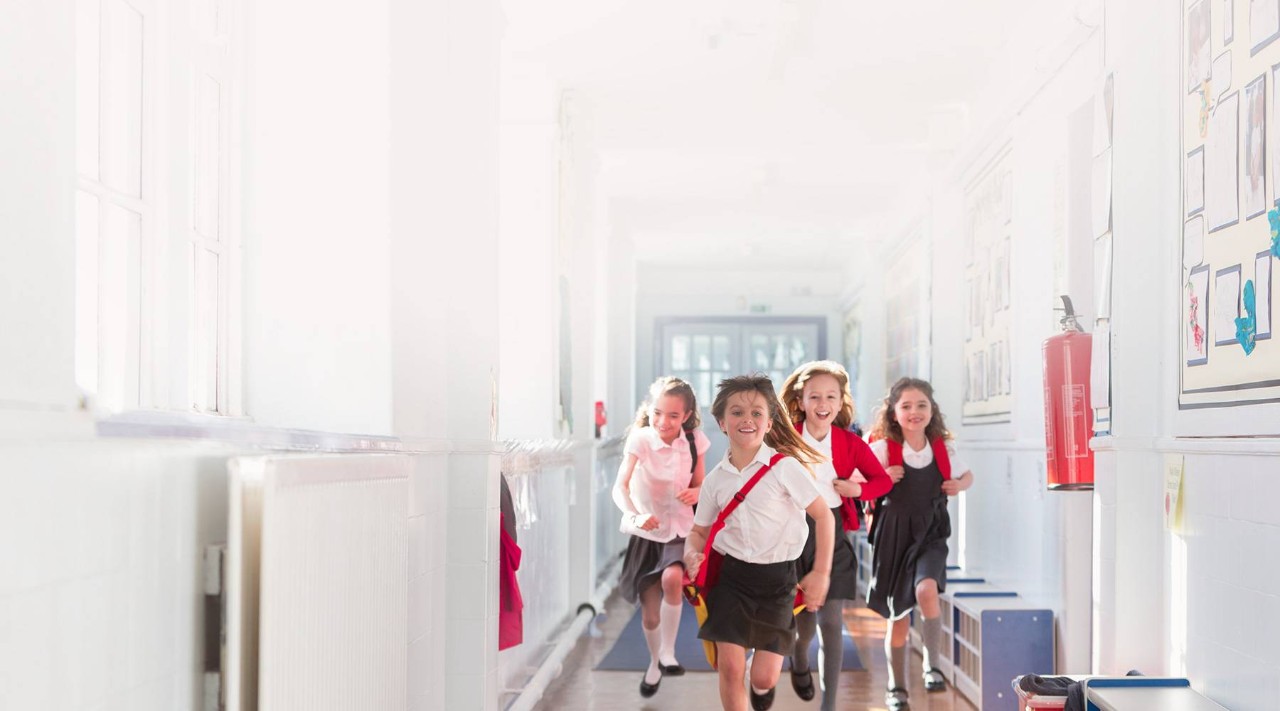Making Christmas a safe and happy time for your pet
by Angela Hickey | 5 min read December 2023
As we look forward to the festive season we need to make plans so that our pets’ needs will be met at this busy time of the year.
Before we look at our pet’s needs, let’s remember the number one golden rule to never give a pet as a Christmas present. As the old (and wise) slogan goes – “A pet is for life, not just for Christmas!” Don’t forget a cuddly puppy soon grows into a lively, adult dog with lots of daily needs that you have to commit to for the rest of that animal’s life!
Why not to get a pet for Christmas
The busyness and levels of activity over Christmas is possibly the worst time to introduce a pet into your household. It’s advised to wait for a quieter, more calm time when regular routines are in place and you are ready to take on the commitment of a new pet.
Puppies will need your constant attention in the early days, as well as a calm approach, if you are to train them well and help them adjust to their new home. Bad habits gained in the early days are hard to change and cause problems later – for example poor toilet training, lack of basic obedience and teaching a young pet not to ‘mouth’ or ‘play bite’, especially when there are children around.
During the Christmas period there are lots of visitors, excited children, noisy toys, fancy foods, etc. This is not a good environment for new pets as they go through the stressful transition of leaving their previous home and companions and try to settle in with you!
However, if your pet is well settled in the family already below are tips on how to keep them safe and relaxed over the Christmas season.
Things to do for your pet:
Safe space
It is always good for your pet to have a den or ‘quiet space’ where they can retire to, or be placed when things get too hectic or stressful for them. For dogs this could be a crate in a quieter room, with their bed inside, and their food and water bowls and their chew toys available to keep them calm and well occupied. Cats like to escape from the crowds by climbing up into a safe space, a box or cat-bed on top of some shelves maybe, or a separate room where they can be more peaceful and have their usual food and water dishes, litter tray etc. available when they need them.
Good routines
In the busy times it is easy to forget your pet’s needs for regular feeds, toileting, exercise etc. Try to create a reasonable routine for them over Christmas and stick to it, maybe involving other members of the household to share the burden. If one person takes responsibility to get up early and let the pet out to the toilet it is more likely to be done. Someone else can commit to feeding at definite times. Do your best to stick to normal routines to avoid stress in your pet.
Exercise and play
A good long walk outdoors and play time can use up your pet’s energy and help them to settle. This also helps them to stay in their quiet space when visitors come or when you need space for small children to play around on the floor. Puzzle feeders can also keep them entertained in their den.
Medications and health issues
Check your vet’s opening times over the holidays and ensure you have their emergency numbers easily available. If your pet is under treatment or on medication for some chronic condition make sure you have adequate supplies of medication available in advance of the holidays. Also if they are on a prescription diet ensure you have enough in stock to cover the Christmas period.
Things to avoid
Changes in diet
Be careful about what your pet eats over the Christmas. Be very clear with guests that they should not feed scraps to your pet. Ensure your pet gets a Christmas meal specially prepared by you and enjoyed in the comfort of their quiet, safe space. Give them a balanced food that you know they like and add in a small amount of treats. Gather and put away any gifts like pet stockings full of treats and save them to distribute in small amounts over the holidays, when you are free to supervise them. Some chew toys can be swallowed whole rather than chewed and might cause vomiting and a blockage!
Be very careful about chicken and turkey bones. Wrap them well before binning them and make sure your pet cannot access the bins.
Make sure your pet gets no access to chocolate, fruit cake, onions, avocados, coffee beans or alcohol dregs left in glasses on the floor, as these can all be toxic. At the very least this will lead to an upset stomach and a lot of cleaning up for you, and may involve an emergency visit to your vet. Read more on foods that are not safe for your pet here.
Be especially careful if small children are eating things like chocolate or cake and drop bits on the floor or offer them to your pet! Even the wrappers off chocolate or foods containing the sweetener, Xylitol, can be enough to cause problems for your pet when eaten. Keep your pet separate from children at meal times and when sweets etc. are being shared around, if at all possible.
Toys/presents
Ribbons, strings, small toy parts, balls, stuffed toys etc. are all possible risks if eaten as they can cause obstructions in your pet’s bowel leading to vomiting and possibly the need for x rays and surgery. Supervise your pet well and keep chewable items out of reach as much as you can.
Decorations
Christmas decorations may also be chewed up with the risk of swallowing plastic, glass shards etc. Electric wires and cables may cause electric shocks if bitten and candles may be knocked down by wagging tails or lively play. Keep all such items out of reach and supervise your pet when they have access to decorated rooms.
Dressing up
There are many cute Christmas costumes available to dress your pet up in but not all pets tolerate them. If your pet resists and seems unhappy it is better not to insist. Some outfits can be tight and uncomfortable, too hot to wear and can create stress. It is better to avoid them if your pet is not happy and relaxed with them.
Bad Weather
Christmas may bring snow, low temperatures, frost and cold wet conditions. Elderly and very young and short coated pets may need extra protection such as warm, water-proof coats on walks to maintain body temperature. Don’t leave pets in your car as it becomes very cold once the engine turns off. Keep dogs on lead in snowy weather and away from frozen lakes and ponds. Check paws for compacted ice and sores due to cold and frost. Keep your pet warm and cosy indoors once they have had enough exercise.
Preparing for Christmas includes making plans for your pet too so that both they and you can have a happy and safe Christmas.








